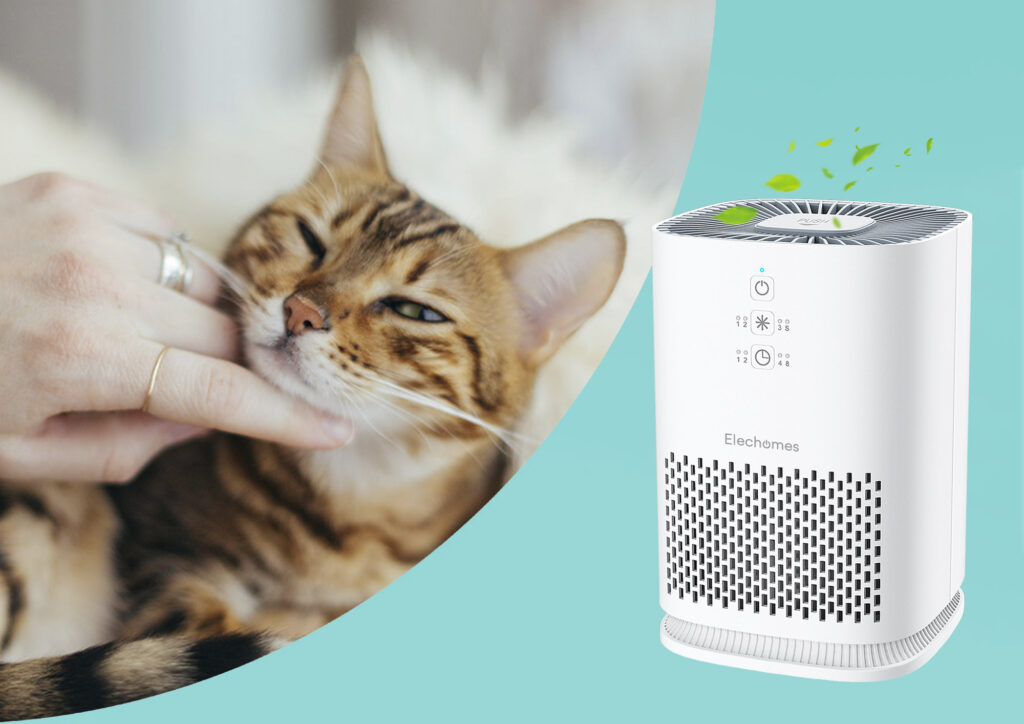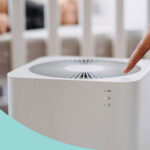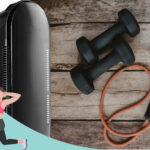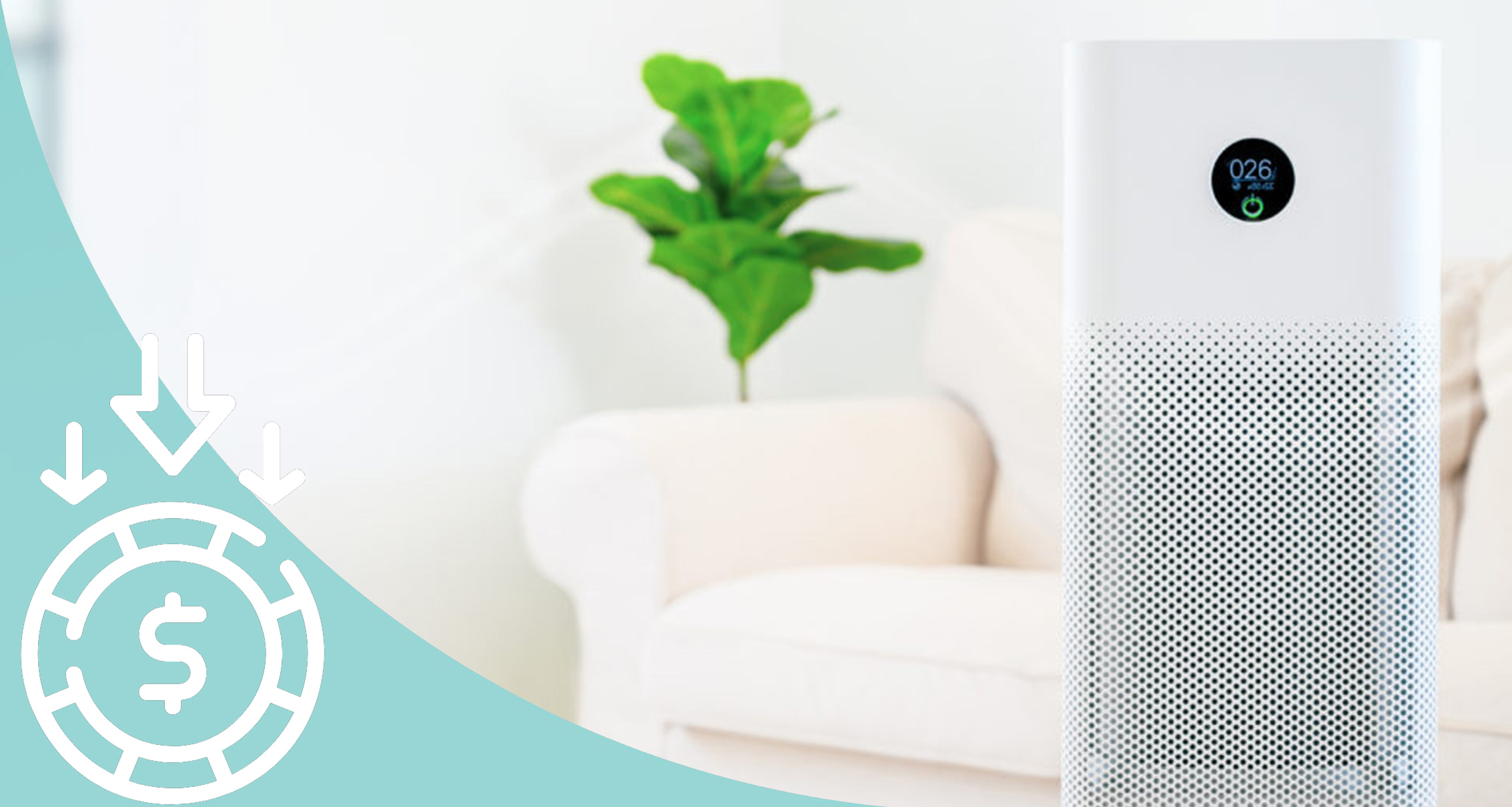
Table of Contents
Struggling with allergies can be quite daunting, whether they arise from dust, pollen, or pet hair. Air purifiers, especially those specifically designed for allergies, can be your best friend in mitigating these issues. Let’s delve into how to select the best air purifier for allergies.
How do Air Purifiers Help with Allergies?
When considering the question, “Do air purifiers help with allergies?” the answer is a resounding yes. Air purifiers work by capturing airborne allergens like dust, pollen, and pet dander, all of which can cause an allergic reaction. By keeping the air in your surroundings clean, they reduce the risk of allergy flare-ups.
Are HEPA Filters the Best Air Purifiers for Allergies?

HEPA (High Efficiency Particulate Air) filters are a popular choice among the best air purifiers for allergies. Their fine mesh structure is capable of trapping tiny particles, including common allergens, effectively reducing their presence in the air. An air purifier for dust allergies, or any other allergy for that matter, would be considerably more efficient with a HEPA filter.
How Effective Are Air Purifiers in Reducing Allergy Symptoms?
Air purifiers play an essential role in reducing allergy symptoms by removing allergens from the environment. The effectiveness may vary based on factors like the size of the room, the purifier’s capacity, and the intensity of allergens present. For instance, the best air purifier for allergies in large rooms would need to have a high capacity to efficiently cleanse the air.
Can Air Purifiers Aid in Pet Allergies?

Pet allergies can be particularly challenging to manage, but thankfully, the right air purifier can make a significant difference. The best air purifier for allergies and pets would not only capture pet hair but also microscopic dander that pets shed, which is often the main trigger for allergies.
The Benefits of Air Purifiers for Asthma
Asthma can be aggravated by allergens and airborne particles. This is where air purifiers, especially the best air purifiers for allergies and asthma, can prove to be invaluable. They help in controlling the allergen levels in your surroundings, leading to less asthma triggers.
Whether you’re looking for an air purifier for cat allergies, an air purifier for dog allergies, or a device to combat dust and pollen allergies, it’s essential to consider factors such as the device’s filter type, room coverage, and efficiency. Reading air purifier for allergies reviews can also provide insights into the experiences of other users, helping you make an informed decision.
The Best Air Purifier for Allergies and Asthma
When it comes to managing allergies and asthma, the right air purifier can make a significant difference. Here we will explore seven top air purifier models and their suitability for allergies and asthma.
| Model | Specifications | Reasons to Buy | Reasons to Avoid |
| Levoit 400S Air Purifier | Smart Wi-Fi air purifier with HEPA filter, compatible with Alexa and Google Home, covers up to 400 sq. ft. | Excellent for smart home setups; efficient HEPA filter; good room coverage. | Might be a bit noisy at high speed. |
| GermGuardian AC4825E | 22-inch 3-speed tower with True HEPA filter and UV-C light, suitable for medium to large rooms. | UV-C light kills germs and bacteria; filters airborne particles effectively. | Replacement filters can be costly. |
| Blue Pure 211+ | Three-part filtration system with activated carbon filter, designed for large rooms up to 540 sq. ft. | Excellent coverage; effective against both allergens and odors. | Lack of smart features might be a deterrent for some. |
| Dyson Purifier Cool | Multi-functionality with air purification and cooling fan, features HEPA filter and smart features. | Dual function as air purifier and fan; advanced features including real-time air quality reports. | Higher price tag compared to other models. |
| Rabbit Air MinusA2 Spa-780N | Six-stage air purification with HEPA filter, can cover up to 815 sq. ft. | Impressive filtration system; large coverage; Wi-Fi enabled. | Wall mount installation might be difficult for some users. |
| Coway AirMega 250 | Advanced three-stage filtration system, suitable for spaces up to 930 sq. ft. | Excellent room coverage; effective at reducing allergens and odors. | Size of the purifier could be an issue for smaller spaces. |
| Turonic PH950 2-in-1 | Combines air purifier and humidifier functions, designed for rooms up to 376 sq. ft. | Dual function as air purifier and humidifier; suitable for dry climates or winter months. | Some users may find the combination of functions unnecessary. |
Choosing the best air purifier for allergies and asthma largely depends on your personal needs and the specific requirements of your space. Factors to consider include the room size, level of allergens, and whether you prefer extra features like smart controls or additional functions like humidification. With thorough research, you can find the best air purifier to help you breathe easier and live more comfortably.

Note: while air purifiers can help manage your allergies, they are not a cure. It’s important to seek professional medical advice for persistent allergies or asthma symptoms.
FAQ
Do air purifiers really help with allergies?
Yes, air purifiers can significantly reduce the amount of allergens in the air, such as dust, pollen, and pet dander, helping to alleviate allergy symptoms.
Can air purifiers help with pet allergies?
Absolutely. Air purifiers can capture pet hair and microscopic pet dander that often trigger allergies, making them a useful tool in managing pet allergies.
Will an air purifier reduce my allergy symptoms?
Air purifiers can reduce the presence of allergens in your environment, which may lead to fewer allergy symptoms. However, their effectiveness can depend on factors like the size of the room and the intensity of allergens present.
Can air purifiers help with asthma?
Yes, by controlling the allergen levels in your surroundings, air purifiers can help reduce potential asthma triggers.
What should I consider when buying an air purifier for allergies?
Consider factors such as the type of filter the device uses, its room coverage, and its efficiency. Reading reviews from other users can also be helpful.





